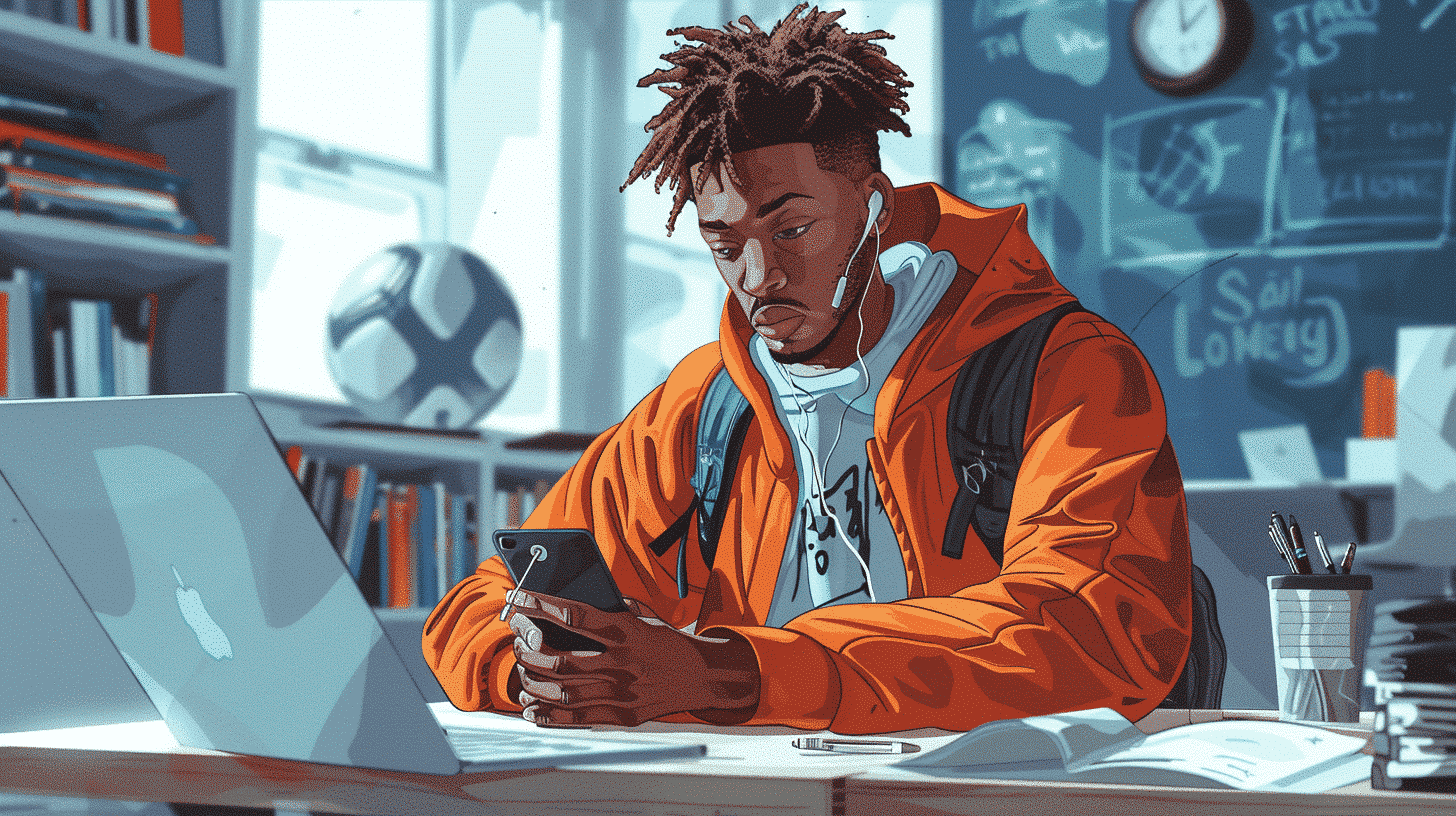Technology in Te Reo Maori
Computers and the Internet have become integral to daily life globally, and Maori language has its own terms for these modern tools. The Maori word for computer is rorohiko, which is derived from the words “roro” (brain) and “hiko” (electric), essentially meaning ‘electric brain’.
Kei te whakamahi au i te rorohiko ki te tuku īmēra. (I am using the computer to send an email.)
The term for the Internet is ipurangi, combining “Ipu” (container or receptacle) and “rangi” (sky), suggesting a container of information from the sky.
Tirohia ngā kōrero i runga i te ipurangi. (Look up the information on the internet.)
Social Media and Communication
In the age of digital communication, social media platforms have their own specific terms in Maori. Pāpāho pāpori is the term for social media, where “pāpāho” denotes broadcasting or publication, and “pāpori” stands for social.
He maha ngā hāora e pau ana i ahau ki ngā pāpāho pāpori. (I spend many hours on social media.)
For modern communication, karere ā-tihi is used to refer to digital messaging, with “karere” meaning message and “ā-tihi” indicating digital.
Ka tukuna e au he karere ā-tihi ki taku hoa. (I will send a digital message to my friend.)
Health and Well-being
Health and well-being are also significant areas where new terminology has been introduced. Hauora ā-ipurangi or online health is a term used to describe the health resources and consultations available through the internet.
Kei te rapu ahau i ētahi tohutohu hauora ā-ipurangi. (I am looking for some online health advice.)
Mental health, an increasingly important aspect of modern discussions, is referred to as hauora hinengaro in Maori.
He mea nui te tiaki i tō hauora hinengaro. (It is important to take care of your mental health.)
Environment and Sustainability
Concerns about the environment and sustainability have led to the creation of specific terms in Maori. Oranga taiao is used to talk about environmental health or sustainability, where “oranga” refers to health/livelihood and “taiao” to nature/environment.
Me mahi tahi tātou ki te tiaki i te oranga taiao. (We must work together to protect environmental health.)
Additionally, hangarua is the term for recycling, an important concept in discussions about sustainability.
Kei te hangarua mātou i ngā pātara kirihou. (We are recycling the plastic bottles.)
Modern Workplaces
The modern workplace, with its emphasis on innovation and collaboration, also features in Maori vocabulary. Mahi auaha means innovative work, combining “mahi” (work) and “auaha” (innovation or creativity).
E aroha ana ahau ki te mahi auaha i taku mahi. (I love doing innovative work at my job.)
Mahi tahi, meaning collaboration or working together, is another term frequently used in contemporary work environments.
Ko te mahi tahi te ara ki te angitu. (Collaboration is the path to success.)
Conclusion
The evolution of the Maori language, particularly in its ability to incorporate terms for modern concepts, demonstrates its resilience and continuing relevance. By embracing new ideas and technologies, Te Reo Maori not only survives but thrives, offering its speakers ways to engage meaningfully with the modern world. This linguistic adaptability ensures that the language will continue to be a vital part of New Zealand’s cultural and everyday life.









